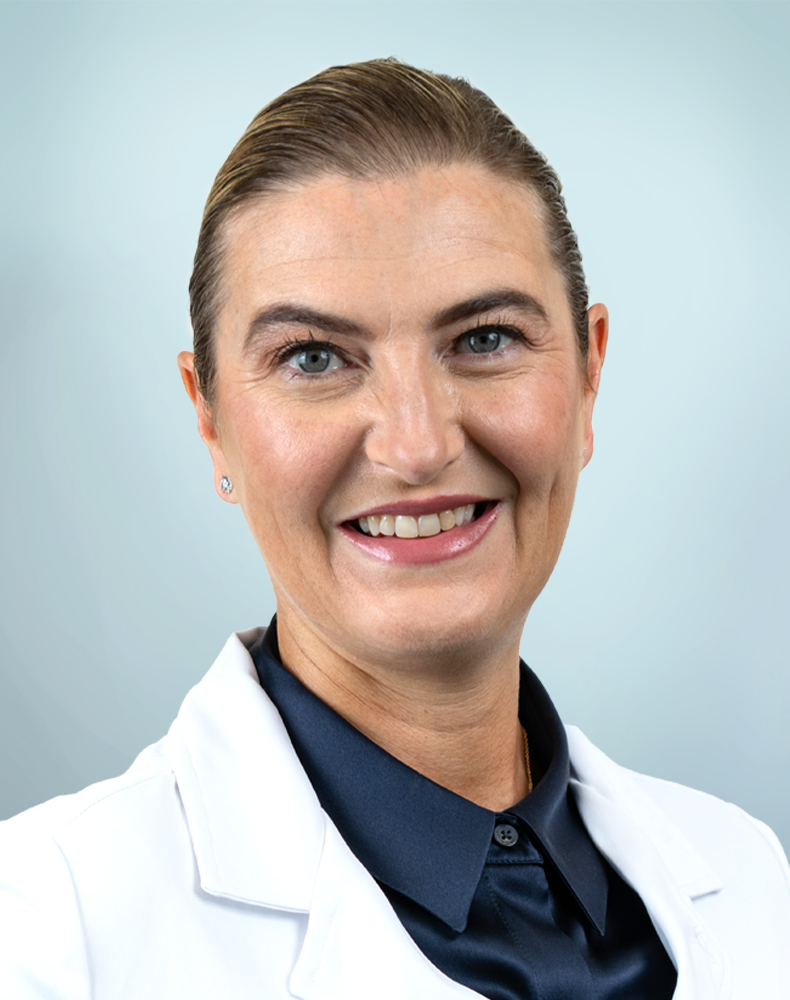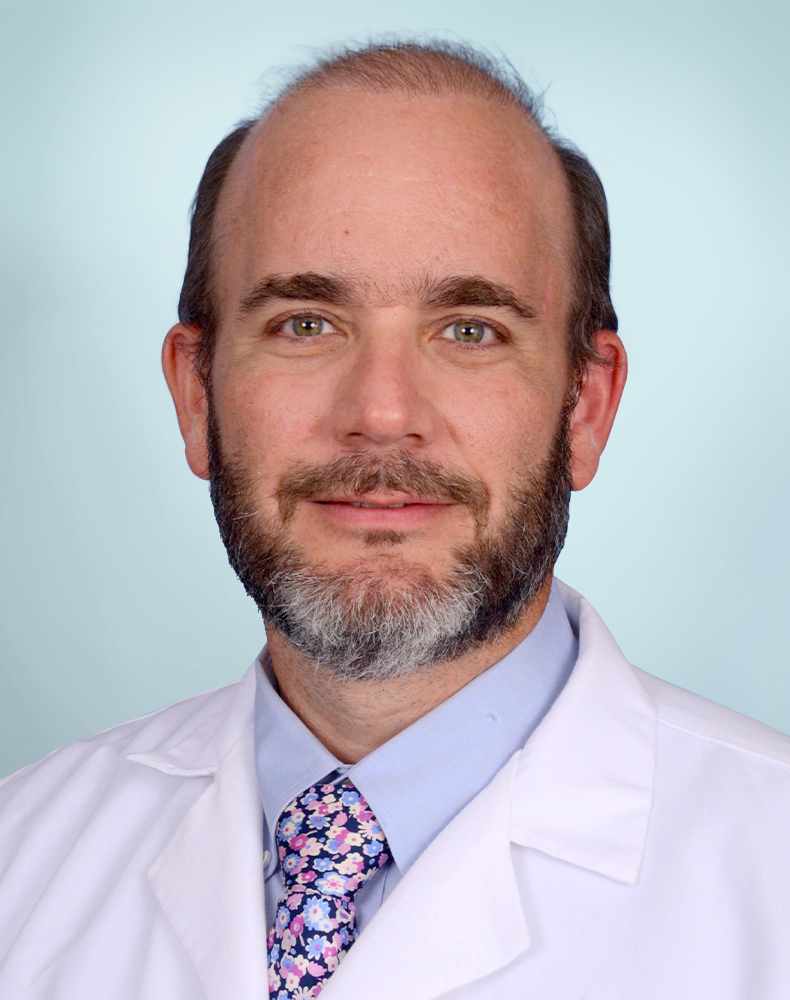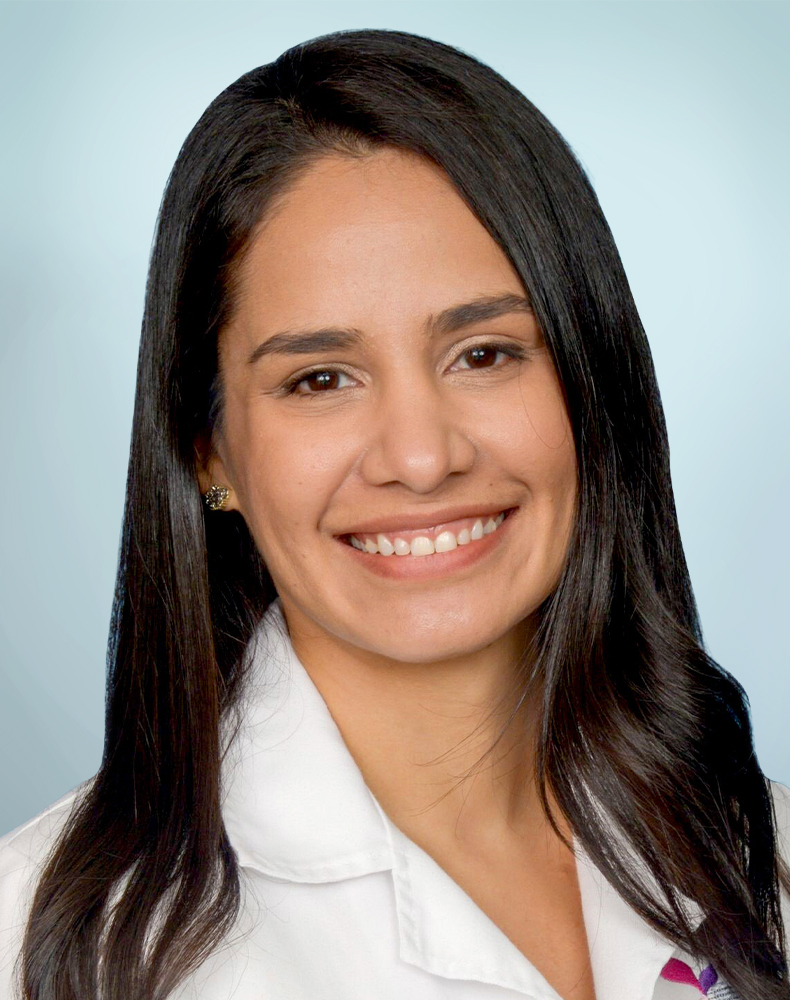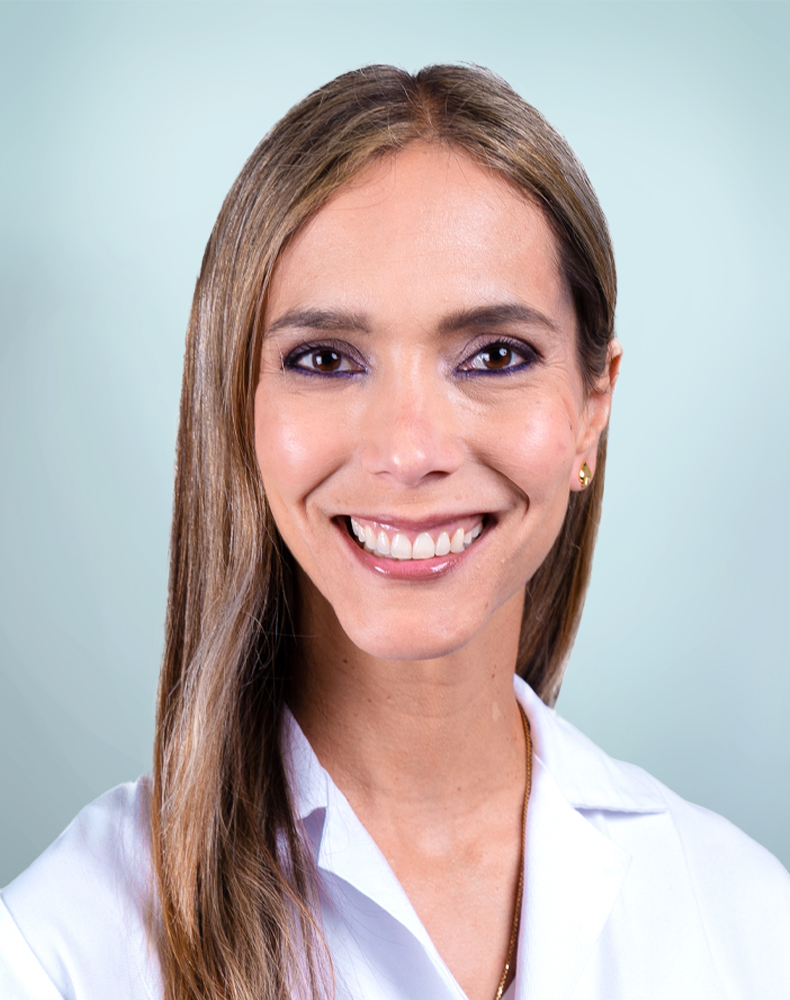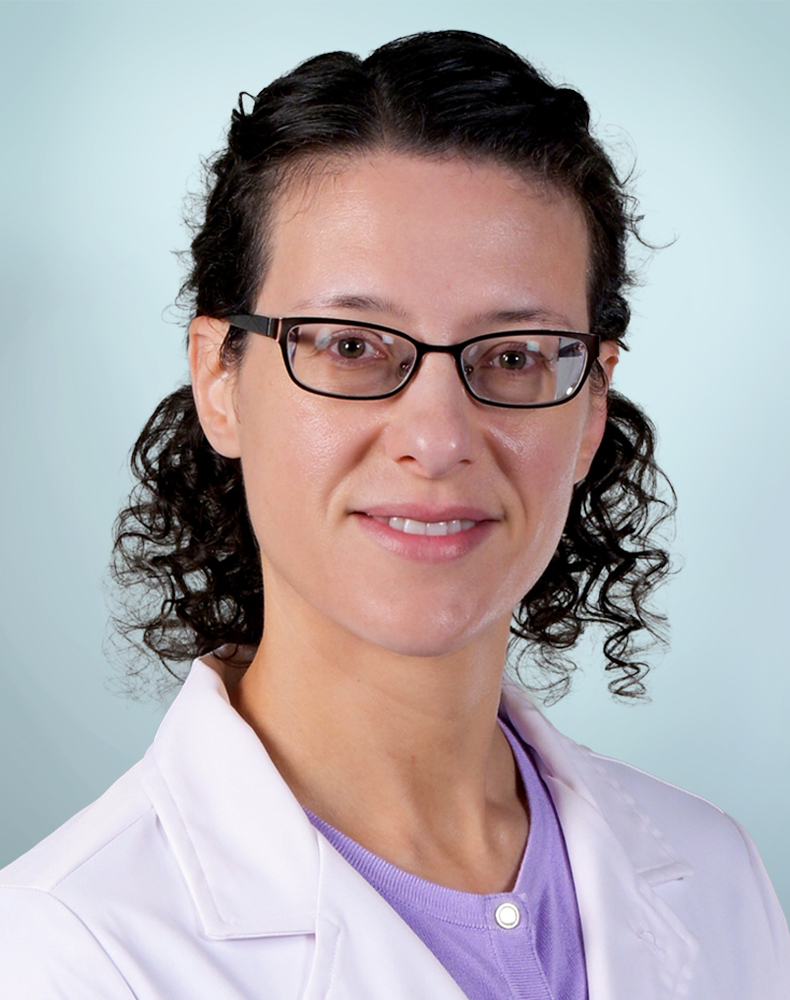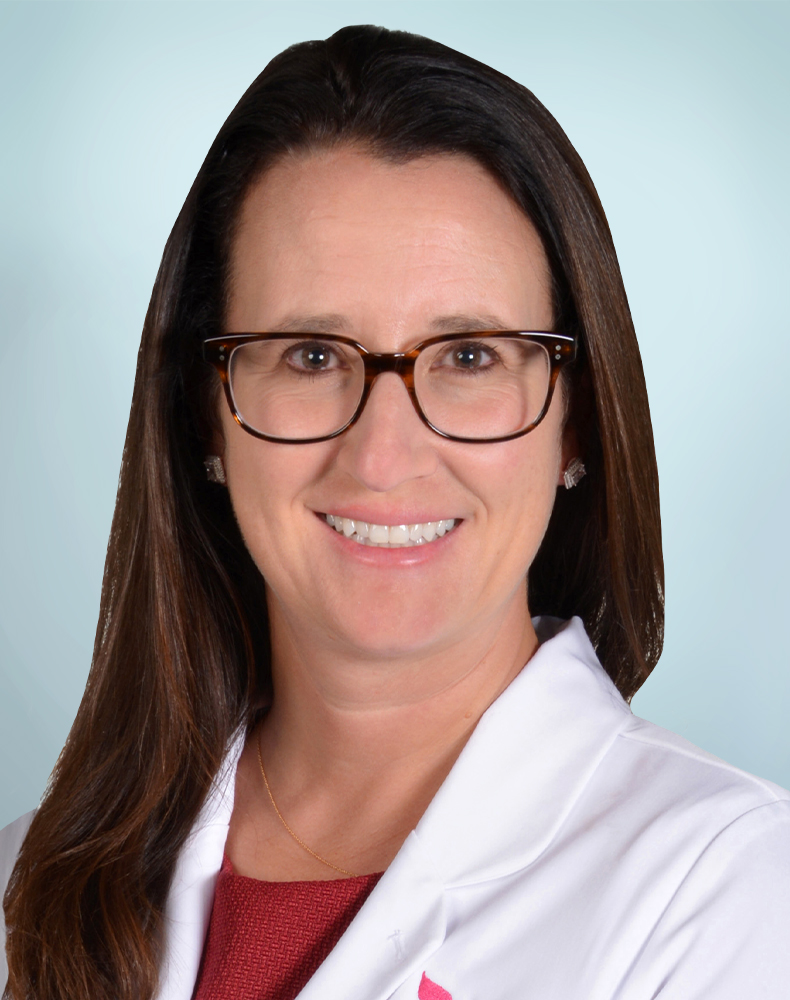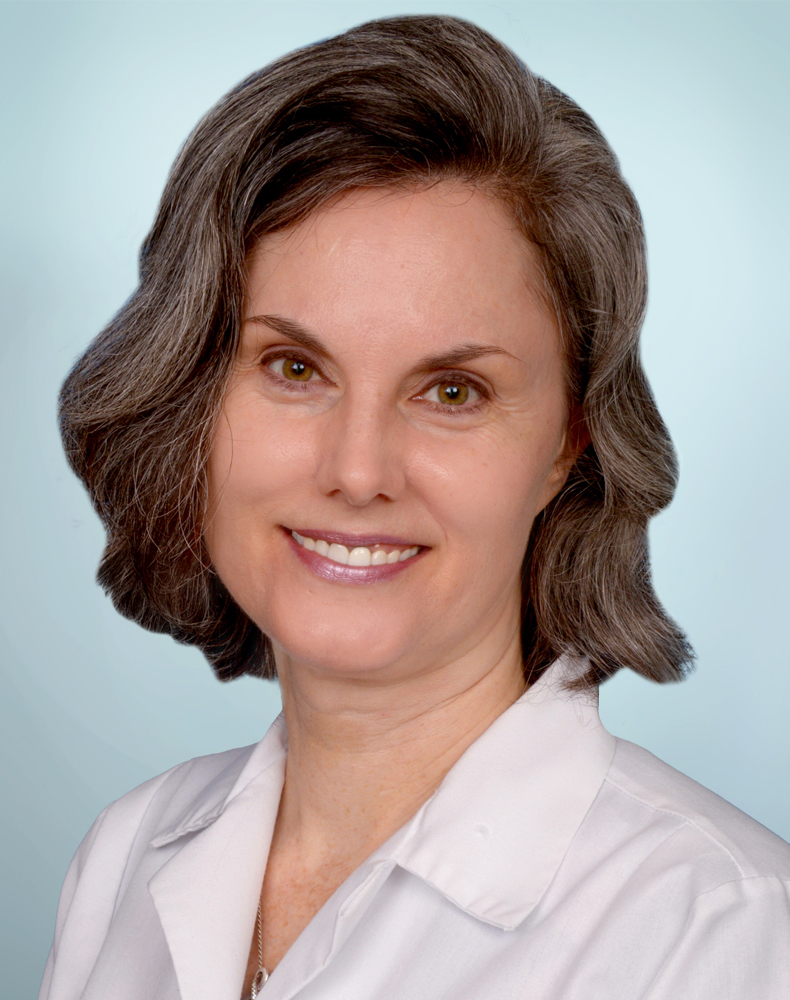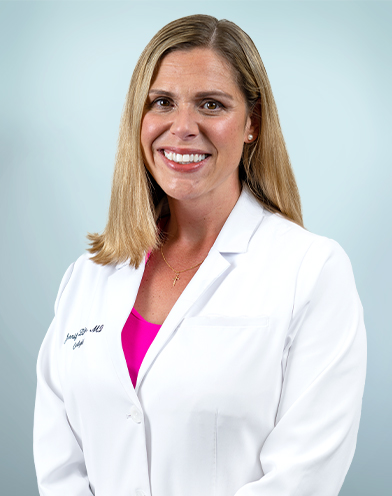Jenelle's Breast Cancer Story of Strength, Survival, and the Power of Early Detection
October 16, 2025
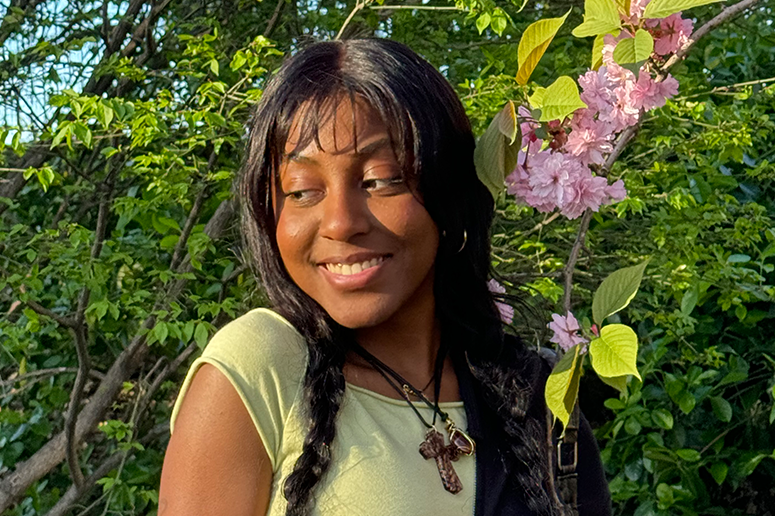
When Jenelle Naar was diagnosed with stage 3 breast cancer just after her 21st birthday, her world turned upside down. What followed was a whirlwind of PET scans, CT scans, biopsies, chemotherapy, and radiation, all within just a few months.
“I noticed a lump and contacted my doctor right away,” she says. “They told me, ‘This could be worrisome because you’re so young, but we’re not quite sure what it is.'"
The mass continued to grow, and by the time it was fully evaluated, it made up nearly 90% of her right breast, about the size of a baseball. Jenelle remembers exactly where she was when she received the call, on a trip to New York City.
I was supposed to be celebrating. Instead, I found out I had cancer. My world just stopped.
Jenelle’s story reflects a trend that breast cancer experts are seeing more often, with younger women being diagnosed at more advanced stages of the disease.
“Breast cancer in young women is a whole different beast, explains Erica Bloomquist, MD, breast surgical oncologist at Memorial Cancer Institute. "It tends to present later and with more aggressive subtypes, such as triple-negative or HER2-positive.”
While the reasons are complex, Dr. Bloomquist says increased estrogen levels, lifestyle factors, and environmental stressors may play a role.
“We live in a world that constantly challenges our DNA and hormone balance,” she says. “Awareness and early evaluation are key.”
Young women also face unique challenges when diagnosed, from fertility concerns to emotional and financial strain.
There’s so much to navigate at that age. You’re thinking about your education, career, and family plans. Cancer isn’t supposed to be part of the story.
Because of her young age and the need to begin chemotherapy quickly, Jenelle’s team also discussed fertility preservation before treatment began. At Memorial, early fertility counseling has become a vital part of patient care.
“When they told me about the possible impact of chemo, it was a lot to take in” she says. “But I'm so grateful my doctors helped me think about my future, not just surviving cancer, but what life might look like afterward.”
“The window for these conversations is very narrow,” says Maray Salina, MSN, APRN, FNP-BC, director of oncology support services. “Our patient navigators help coordinate fertility preservation, connect patients with grants, and provide emotional support at every step.”
Jenelle began treatment shortly after returning home from New York and completed her final therapy in January. Today, she is 22 and cancer-free, continuing with medication and monthly injections as part of her ongoing care.
“Finishing treatment was surreal,” she says. “It taught me to slow down, be present, and appreciate the moment. My body went through a lot, and now it’s time to breathe again.”
Though she doesn’t describe herself as deeply religious, Jenelle says the experience gave her a new sense of strength and gratitude.
“I do think God gives His toughest battles to His strongest soldiers,” she says. “It built character and perspective. Before, I’d only heard about cancer in movies, but living it is something entirely different.”
Today, Jenelle shares her story to raise awareness among young women and encourage others to trust their instincts.
“When I looked for people my age going through this, there weren’t many,” she says. “That’s why I wanted to speak up, to show that you’re not alone and you can get through it.”
Her message is simple but powerful: “If I can do it, you can too.”
As she continues to heal, Jenelle embraces each day with gratitude and strength, living proof that early detection, awareness, and resilience save lives.
“The stress is over now,” she smiles. “It’s time to relax, take a deep breath, and just be.”
Jenelle's Breast Cancer Journey
Check out these photos of Jenelle and her supportive care team.


